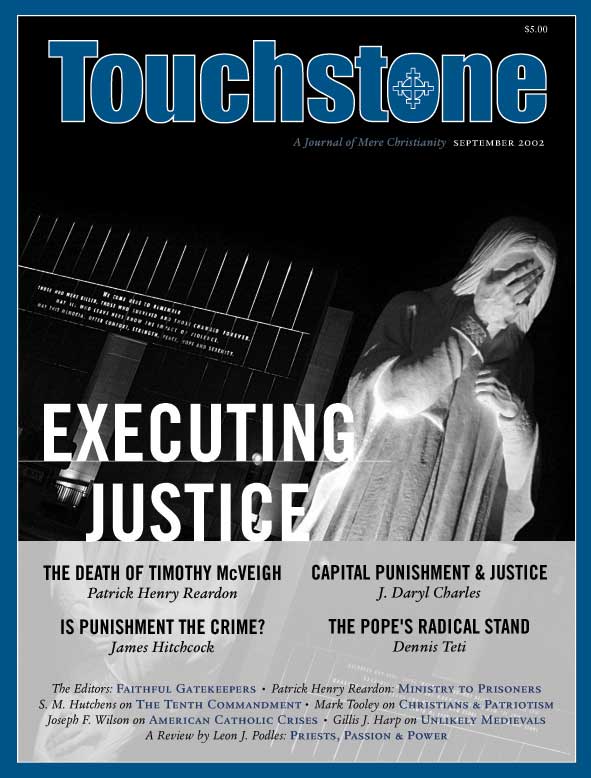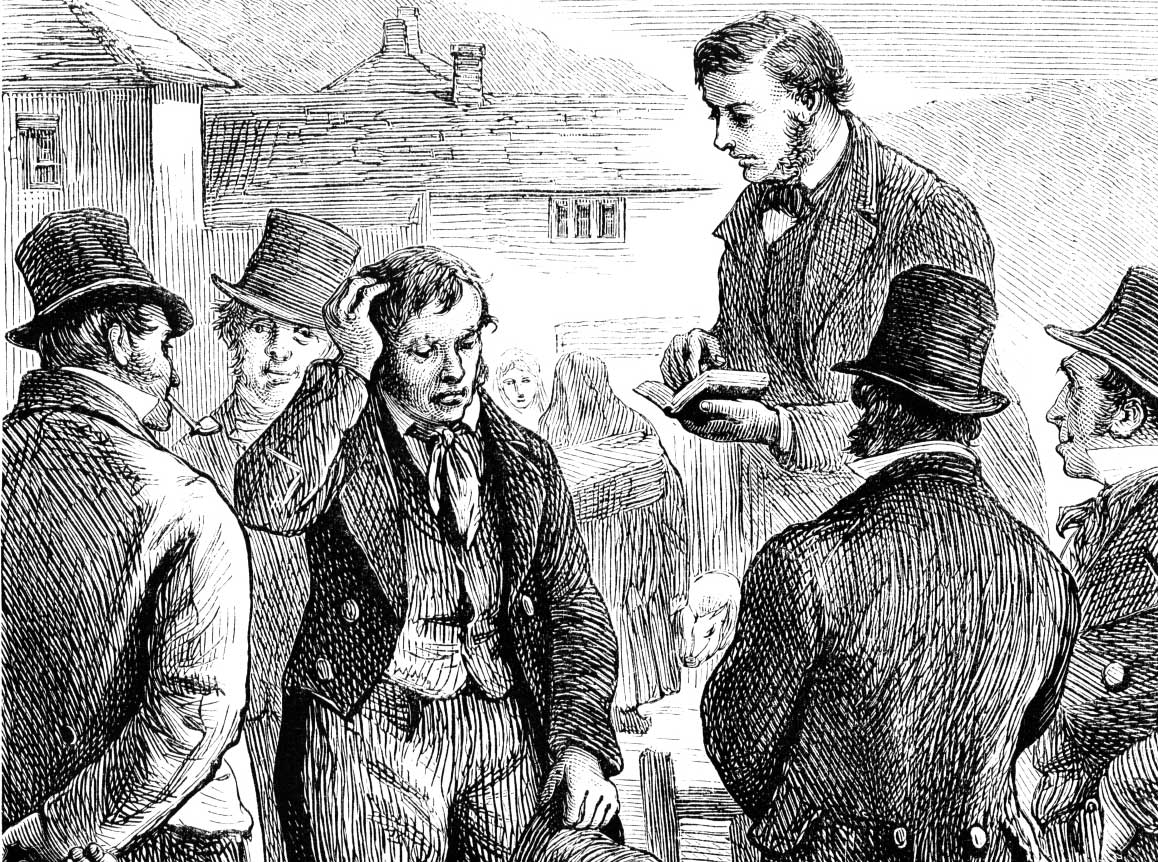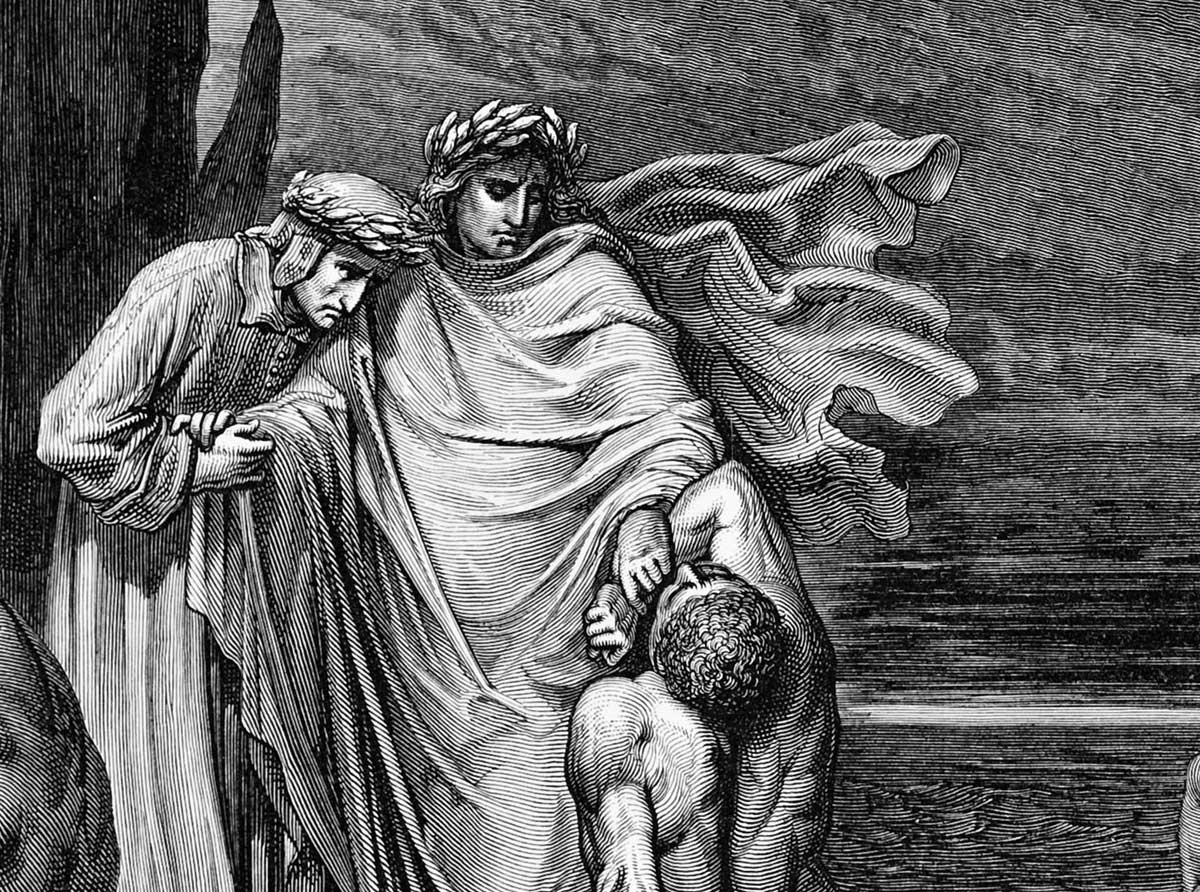Disaster Canada
One Canada Day found me in Canada, so I asked a Canadian whether an event, like the Declaration of Independence, was being celebrated, or just the general fact of Canadianness. The Canadian was puzzled and consulted with fellow Canadians, who agreed that July 1 had something to do with Confederation, although of what no one was quite sure.
Lacking exciting political events in their history, Canadians pride themselves on their disasters. When I landed in Halifax, the driver who took us into the city proudly pointed out the cemetery for Titanic victims and recommended a restaurant in the funeral home building that had received the corpses of Titanic victims. He also sketched the horrors of an explosion that occurred in 1917 when an ammunition ship caught fire in the harbor. Crowds rushed to the scene to watch the fire, ignoring the warnings of sailors to flee. The ship’s explosion was the biggest man-made explosion before Hiroshima. The water was blown out of the harbor and drowned those on shore who had not been killed by the blast. Thousands of houses were destroyed, many set on fire by overturned stoves, incinerating the trapped inhabitants. Flying glass shards blinded those who were looking out windows at the moment of the blast. The sound of the explosion was heard 200 kilometers away. A six-day blizzard compounded the suffering. In all, 2,000 people died, 9,000 were injured, and 25,000 were left homeless—out of a national population of 8,000,000. If the United States had suffered proportionally in September 2001, New York would have had 60,000 dead. Canada’s numbers are smaller, but the trauma has been greater.
I was therefore not surprised to come across, in a tourist book section, Disaster Canada, which recounts major Canadian catastrophes since the beginning of the nineteenth century. A fine catalog they make. The numbers of victims were not inconsiderable, especially when understood for their impact on a country so much less populous than the United States. In 1914, the passenger liner the Empress of Ireland was rammed in the fog by a Norwegian ship while it was still in the St. Lawrence River. Over 1,000 passengers died. In today’s United States the equivalent death toll would be 30,000.
THIS ARTICLE ONLY AVAILABLE TO SUBSCRIBERS.
FOR QUICK ACCESS:
Leon J. Podles holds a Ph.D. in English from the University of Virginia, has worked as a teacher and a federal investigator, and is president of the Crossland Foundation. He is the author of The Church Impotent (Spence), Sacrilege (Crossland Press), and Losing the Good Portion: Why Men Are Alienated from Christianity (St. Augustine Press). Dr. Podles and his wife have six children and live in Baltimore, Maryland. He is a senior editor of Touchstone.
subscription options
Order
Print/Online Subscription

Get six issues (one year) of Touchstone PLUS full online access including pdf downloads for only $39.95. That's only $3.34 per month!
Order
Online Only
Subscription

Get a one-year full-access subscription to the Touchstone online archives for only $19.95. That's only $1.66 per month!
bulk subscriptions
Order Touchstone subscriptions in bulk and save $10 per sub! Each subscription includes 6 issues of Touchstone plus full online access to touchstonemag.com—including archives, videos, and pdf downloads of recent issues for only $29.95 each! Great for churches or study groups.
Transactions will be processed on a secure server.
more from the online archives
calling all readers
Please Donate
"There are magazines worth reading but few worth saving . . . Touchstone is just such a magazine."
—Alice von Hildebrand
"Here we do not concede one square millimeter of territory to falsehood, folly, contemporary sentimentality, or fashion. We speak the truth, and let God be our judge. . . . Touchstone is the one committedly Christian conservative journal."
—Anthony Esolen, Touchstone senior editor










